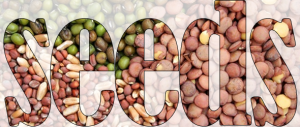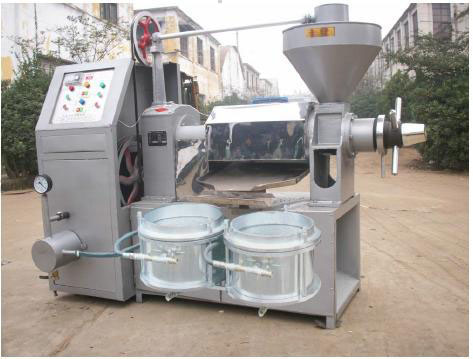 Mention of vegetable oil may sound easy but the processing of it is not as easy. It entails growing of your feed stock plants, waiting for months on end while tending them, harvesting and eventually running it through a vegetable oil press. The process is time-consuming and demands patience. The end product that is oil can also be used to oil the very machinery that processed it in the first place. Conversion of vegetable oil into biodiesel is desirable although it is possible to run diesel engine directly with it. Direct vegetable oil is usually made up of triglycerides which are groups of fatty acid compounded by glycerin molecules. Oil obtained directly from a vegetable press is still crude oil, much different from the one you normally purchase from the nearest store.
Mention of vegetable oil may sound easy but the processing of it is not as easy. It entails growing of your feed stock plants, waiting for months on end while tending them, harvesting and eventually running it through a vegetable oil press. The process is time-consuming and demands patience. The end product that is oil can also be used to oil the very machinery that processed it in the first place. Conversion of vegetable oil into biodiesel is desirable although it is possible to run diesel engine directly with it. Direct vegetable oil is usually made up of triglycerides which are groups of fatty acid compounded by glycerin molecules. Oil obtained directly from a vegetable press is still crude oil, much different from the one you normally purchase from the nearest store.
Triglycerides in the extracted oils are made to react with methanol with the addition of a catalyst in order to hasten the process helps break off the fatty acids away from glycerin and converting them into esters. After passing the raw materials through the vegetable oil production line, the resulting mixture must be washed thoroughly to remove waxes and residual catalysts. After this stage, the outcome of the process would be pure esters whose properties are like those of petroleum diesel. It can thus be run on automobile engines without further modification. The viscosity of biodiesel obtained from vegetable oil bears close similarity to that of conventional petroleum diesel.

